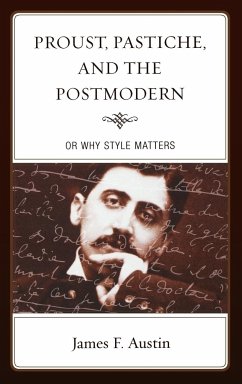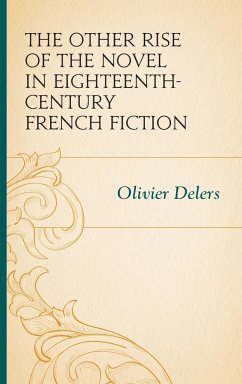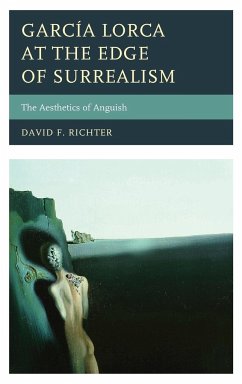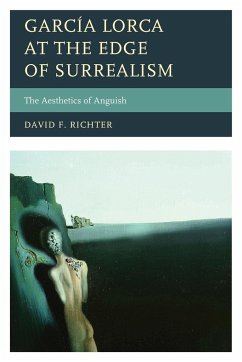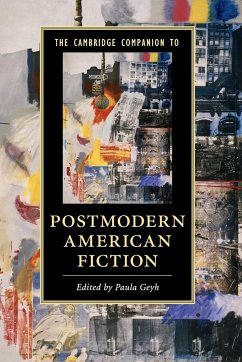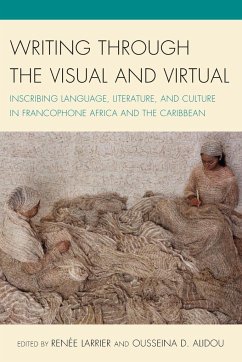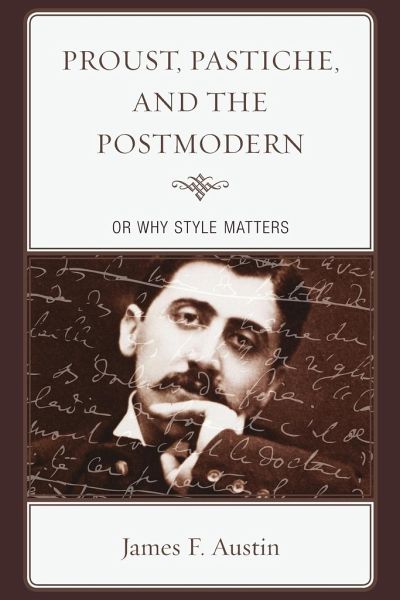
Proust, Pastiche, and the Postmodern or Why Style Matters
Versandkostenfrei!
Versandfertig in 1-2 Wochen
57,99 €
inkl. MwSt.
Weitere Ausgaben:

PAYBACK Punkte
29 °P sammeln!
In this book, Austinargues against the traditional critical view that minimizes Proust’s practice of pastiche—the imitation of a writer’s style—and that considers it a simple exercise of mastering the predecessor. Instead, this work establishes pastiche as a powerful, ubiquitous practice central to Proust’s entire oeuvre.





